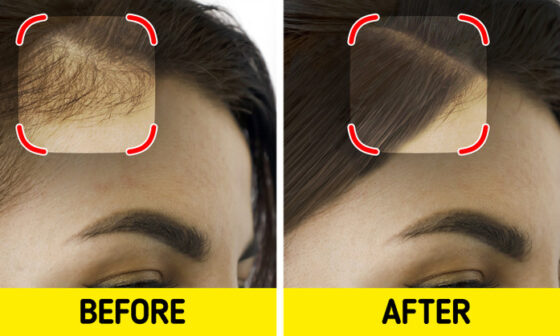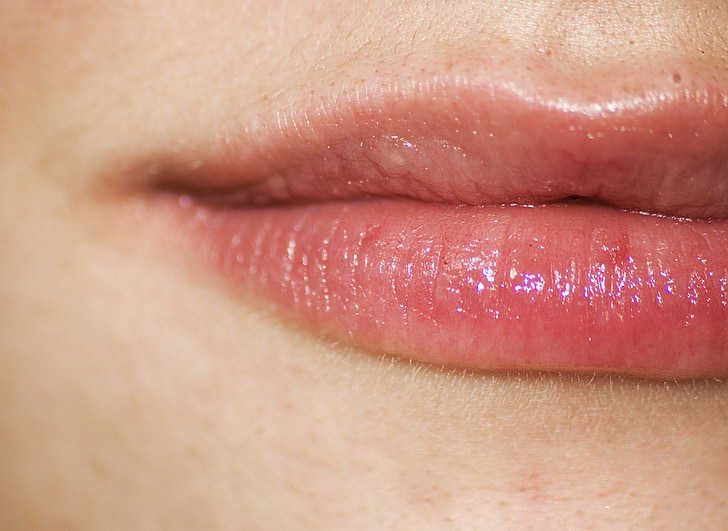Taking care of your skin is incredibly important, but not all skincare routines are created equal. Doing some research (and putting that knowledge into practice) can help you determine the best way to care for your skin. A significant part of that involves determining your different skin types, which means understanding your skin and what it needs to be healthy.
Skin type is one of the most talked about topics when it comes to skincare. It’s a confusing subject that tends to start many arguments on forums, and among friends. Am I dry skin? Or am I oily? There are so many factors that play into the skin type you are.
To find out what skin type you are, use this guide here. Now, let’s dive right into the first skin type:
5 Different Skin Types and How to Care for Them
Skin Type 1: Normal Skin
Many people have normal skin. It’s the most common skin type and is characterized by a smooth, even texture with no visible pores.
It has a balanced level of oil production and water retention. The key to maintaining this type of skin is to keep it hydrated with a daily moisturizer that contains hyaluronic acid or glycerin (or both). A lotion that contains antioxidants can also help prevent signs of aging.
Read about 19 Essential Habits For a Beautiful and Healthy Skin
The best skincare products for normal skin include:
- A gentle cleanser (like CeraVe Hydrating Cleanser)
- A lightweight moisturizer (like CeraVe Moisturizing Lotion AM)
If you have acne, then you should consider using an acne treatment product with salicylic acid in it, as it helps to fight breakouts by killing bacteria on the surface of your skin.
When choosing a moisturizer for normal skin, try one with SPF protection, which will help fight sun damage and prevent future wrinkles.
Skin Type 2: Dry skin
Dry skin is known as dehydrated skin, which means your skin doesn’t have enough water in it. This may cause your skin to feel tight, flaky, or rough.
- Dry skin often appears dull and lackluster. It may also feel tight after cleansing and be at risk for premature aging due to a loss of collagen and elastin (the protein fibers that give youthful plumpness to the skin).
- If you have dry skin, you should avoid harsh exfoliants, which can make the condition worse by removing essential oils from the surface of your skin.
Instead, opt for gentle exfoliants like sugar scrubs or jojoba beads that contain hydrating ingredients like glycerin or aloe vera extract.
Your moisturizer should include humectant, ingredients that attract water from the atmosphere into the stratum corneum (the top layer of the epidermis), like glycerin or hyaluronic acid to help lock in moisture for up to 24 hours per application (more than enough time for your average day).
Recommended products:
- Cleansers and exfoliators (use these once or twice a week)
- Water-based serums and creams (use these daily)
Skin Type 3: Oily Skin
Oily skin is a condition in which the skin produces excess oil. This can lead to acne and blackheads, as well as dullness and enlarged pores.
Characteristics of Oily Skin
- Oily skin is common among people with darker complexions. Some people with pale skin also have oily skin, but it’s less common.
- People with oily skin tend to be more prone to acne and breakouts than those with dry or normal skin types.
- Oily skin is generally thinner than other types of skin and tends to have large pores that are visible from a distance.
- Some people with oily skin also experience flakiness around their nose and forehead areas due to the overproduction of natural oils on their faces.
Recommended Skincare Products
- Use oil-free or water-based products instead of greasy ones with high levels of waxes or oils, which will cause your face to become even oilier during the day.
- Oil-free makeup remover wipes or pads
- Toner (optional)
- Gentle cleanser (oil-free) – like CeraVe Hydrating Facial Cleanser, or Cetaphil Gentle Skin Cleanser
- Moisturizer with SPF 15 (or higher) – like Aveeno Protect + Hydrate SPF 30 Sunscreen Lotion, or Neutrogena Ultra Sheer Dry Touch Sunscreen Broad Spectrum SPF 100+ Sunscreen Lotion.
Skin Type 4: Combination Skin
Combination skin is one of the most common types of skin, so you are not alone. It’s a combination of oily and dry spots on your face.
The main characteristics of combination skin are:
- Oily T-zone (forehead and nose)
- Dry cheeks
Here’s how to care for your combination skin:
Cleansers for oily skin: These cleansers help remove dirt and oil from the surface of the skin without making it too dry or stripping it of natural oils.
Toners for oily skin: Toners help balance pH levels in the skin and reduce excess oil production by keeping pores clear. A toner can also be used as a makeup remover if needed.
Moisturizers for dry skin: Moisturizers provide deep hydration to prevent dehydration while still allowing your skin to breathe.
Spot treatments for blemishes: Spot treatments work quickly to reduce redness and inflammation while preventing future breakouts.
Use an oil-free moisturizer with SPF in the morning and an oil-free moisturizer with SPF at night
Use a lightweight gel cleanser twice a day
Cleanse gently once or twice a day with an exfoliating scrub made for combination skin
Products:
- Neutrogena Oil-Free Moisture SPF 15 Facial Sunscreen Lotion (for oily areas)
- Neutrogena Oil-Free Acne Wash Pink Grapefruit Foaming Scrub (to treat breakouts)
- Cosmedix Intensive Skin Therapy System for Women with Rosacea (for rosacea).
Skin Type 5: Sensitive Skin
Sensitive skin is easily irritated by the environment or products used on the face. It may become red and feel raw after cleansing or exposure to harsh temperatures or weather conditions. You may also notice that your skin has broken out in pimples or hives.
To take care of sensitive skin:
Use gentle cleansers with no dyes or perfumes that could irritate your face further.
Avoid harsh exfoliators and scrubs. A gentle scrub once or twice a week should be fine, but if it feels too harsh on your face, go easy on it! You can also use a soft washcloth to gently exfoliate your face in the shower.
Use moisturizers with soothing ingredients like aloe vera, chamomile, and calendula to help soothe redness and inflammation from acne breakouts or other irritations caused by your sensitive skin type.
Avoid over-washing your face too often as it dries out the skin’s natural oils needed to protect against bacteria growth and sun damage, both of which can aggravate sensitive skin even more.
Use natural oils instead of synthetic ones like mineral oil and petroleum jelly (Vaseline). Natural oils include olive oil, coconut oil, jojoba oil, and sweet almond oil.
Don’t use any scented products on your face, even if they’re unscented! If a product smells like anything other than water or maybe an herb like lavender or sage, it probably contains added fragrances that will irritate sensitive skin even more than usual.
Conclusion
No matter what type of skin you have, taking care of it is incredibly important. Unlike other organs in your body, it’s impossible to heal your skin once it has been damaged, so doing your best to protect it by taking proper care is an absolute must.





1 comment